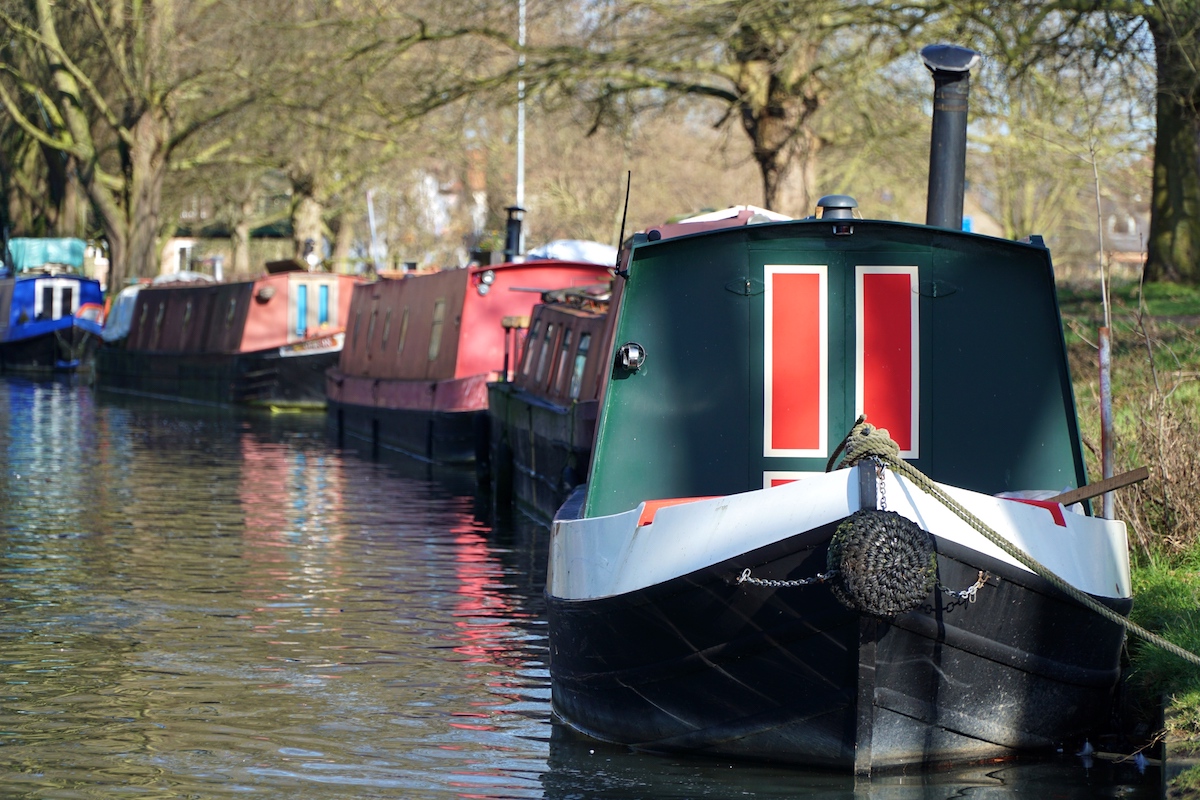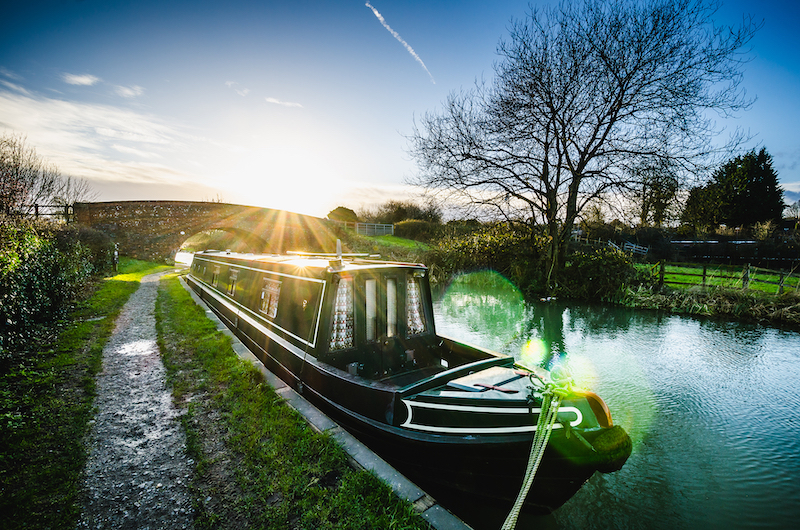In this chapter you’ll find the basics to boat buying. From identifying the right boat for your budget; to the different avenues leading to boat ownership; to surveys, insurance, and storage information, you’ll find it here.
As a team of boat lovers and seasoned members of the boating community, we want to help as many people as possible buy the boat of their dreams with boat finance or a marine mortgage. Here’s what you need to know.
- What type of boat should I buy?
- What are the different uses for a boat?
- Why is the size of your boat important?
- What are the different power and propulsion systems?
- Do I need a boat licence?
- What research do I need to do before I buy a boat?
- How do I decide on a budget for buying a boat?
What type of boat should I buy?
There are several factors to consider when buying a boat. This includes the activities you enjoy, the required boat size, your lifestyle, and your budget.
At Promarine Finance, we typically provide four key vessels.
RIBs
Rigid Inflatable Boats or ‘RIBs’ combine inflatable tubes with a laminate hull to create a lightweight, easy-to-manoeuvre, and cost-effective vessel.
For first-time boat buyers and novice sailors, RIBs are an effective way to get out on the water thanks to their predictability, added buoyancy, and shock-absorbing features.
RIBs can range from 2.5 metres to 18 metres in size, most commonly boasting an open deck, with cabin options available to provide shelter.
RIBs are fast, safe, fuel-efficient, and offer cheaper mooring solutions. They are not suited for beaching and require a trailer for road transport.

Canal boats and narrowboats
Designed for exploring the UK’s inland waterways, or as an alternative to bricks and mortar living, canal boats are growing in popularity.
Buyers can choose either a narrowboat, which sits between 6 ft 10 and 7 ft wide and a widebeam canal boat, which is approximately 14.5 ft.
Typically sleeping up to 12 people, canal boats make for an ideal, alternative holiday investment for families and couples alike.
Additional costs such as home mooring, the Boat Safety Scheme, maintenance, boat licences, heating, insurance, and antifouling should be considered.
Anita Chapman, from West London Boat Brokerage, provides an introduction to canal boating.
Anita discusses:
- narrowboat vs widebeam
- continuous cruising
- marina life vs fixed canal
- buying a canal boat
Anita Chapman, from West London Boat Brokerage, discusses the different types of canal boats.
Find out:
- how widebeams are used
- if widebeams are more static
- fitted boats vs sailaways
- the cost of a sailaway
Motorboats
For adrenaline junkies and speed seekers, a motorboat is the ultimate reward.
Powered by a motor or engine, motorboats can be used for recreational travel, watersports, racing, and more, varying in size, price, and capabilities.
Motorboats range from under 10 metres, designed for short journeys and day cruising, to up to and over 40 metres, perfect for long-distance travel and overnight accommodation.
Buyers can choose between inboard engines (mounted inside the boat) and outboard engines (typically placed at the back of the vessel) and can reach speeds of more than 50 knots thanks to innovative hull technology and engine power.

Sailing Boats
Whether you’re looking to race or relax, there is a variety of sailing boat options available to you.
Propelled by sails, vessels can range from 2-metre dinghies to 90-metre superyachts. The different types of sailing boats can be differentiated by their hull, keel, mast configuration and sails.
When selecting a sailboat, buyers should consider how many people need to fit comfortably aboard the boat, how many of them will be able to effectively sail the vessel, and whether they’re planning to day-sail on lakes or sail the ocean on a blue-water cruiser.
What are the different uses for a boat?
In the UK, boats are used for everything from recreation and travel to water sports and living.
They can either be man-powered, engine-powered or propelled by sails.
Typically, smaller boats are designed for use on in-land waterways, like rivers, lakes and canals.
To be deemed suitable for ocean boating, vessels must:
- be large enough to withstand harsh conditions
- be sea-worthy enough to withstand harsh conditions
- be designed with corrosive-resistant hardware
- have a suitable fuel economy and capacity
Before you purchase a boat, you must ensure your vessel is fit for purpose.
Why is the size of your boat important?
The size of your boat should directly correlate with your needs, lifestyle, budget, and skills.
Consider how much space you’ll need to accommodate your family, friends, and guests.
Decide whether you’ll be exploring the UK’s lakes and canals on a day cruiser, or travelling long-haul across the sea.
Not only will you need to ensure your boat is fit for ocean sailing, but also decide whether your travel plans will require a comfortably-sized cabin aboard for overnight stays.
Inevitably, the size of the boat will impact the price.
What are the different power and propulsion systems?
If you’re in the market for a boat, you may be having difficulty deciding on the type of boat you want – as there are so many options available!
With the type of boat comes with it a choice of power and propulsion system. Which there are again, many.
The three most common boat propulsion systems include sterndrive, inboard motors and outboard motors.
When purchasing a boat, you’ll need to do your research on the different types of power and propulsion systems available, what the difference is in terms of cost and of course how it affects the performance of the boat.
The type of propulsion system that you choose should also take into consideration the type of water your boat will be in, where your boat is stored, what you intend to use your boat for and other factors
Anita Chapman, from West London Boat Brokerage, discusses environmentally-friendly propulsion options for widebeams and narrowboats.
Do I need a Boat Licence?
Whilst you don’t need to pass a competency test – such as the one you take to obtain a drivers licence – but there are rules and regulations you need to make yourself aware of and adhere to in order to operate a boat. Just like there are rules to obey on the road, the water has its own set of rules to follow.
Whilst you don’t need any formal qualifications to become a boat owner, there will be training courses that are essential to undertake to stay safe on the water and there will also be various permits or licenses you need to obtain in certain circumstances.
Before becoming a boat owner, it is worth becoming familiar with the Boater’s Handbook which contains basic boat handling and safety information.
The RYA provide a huge number of courses to choose from too, from sail cruising through to powerboating, inland waterways and navigation.

What research do I need to do when buying a boat?
When researching boats for sale, make sure to compare the same model or similar boats across various sites to get an idea of what you can expect in terms of price for the type of boat you are looking to invest in. Whilst it’s great that the internet provides us with a bigger range in terms of finding boats that are available to buy across the UK and even the world, it’s important to keep safe on the internet and avoid falling for a scam.
Whilst browsing the internet looking at boats may feel overwhelming due to the sheer amount of information available, use filters to streamline your search so that you’re only shown boats that meet your selected criteria. On most boat sale sites you will be able to browse listings and add boats that fit the bill to a shortlist that you can come back to review later. You can also set up alerts on these sites so that when a new boat listing is added that fits your criteria, you’ll be notified by email.
Search reputable and well-known sites only. If you do happen to come across an advert for a boat from a private seller, that you’d be interested in viewing – make sure to take someone with you and do all of the checks to make sure that it is a legitimate sale. We take you through the things to look for in a viewing, surveys to undertake and how to negotiate on price later on in this guide.
Andy Whillier, from Clipper Marine, discusses researching a new boat purchase. Find out:
- the most important considerations when buying a boat
- the best way to search for a new boat
- what to look out for when making a purchase
How do I decide on a budget for buying a boat?
As with anything, deciding on a budget for buying a boat is subjective. It completely depends on your personal circumstances and of course, the budget you’re happy with. Researching the type of boat you are in the market for, to compare the price across the board will give you an indication of how much your budget will need to be.
Making sure that you are spending within your means, you can use tools such as our loan calculator, that can give you an idea of how much you can afford if you’re going down the finance route. There are a number of finance options, so you can peruse these to find the best fit for you and your needs.
Whilst you may be focused on setting a budget for the cost of the boat, don’t forget to allocate funds for other costs such as general running and maintenance, surveys, equipment, insurance, mooring and storage solutions. You may also want to have a figure in mind for any upgrades or extras that you might like to have added to your boat, particularly if you’re buying new – but also for any work that may need to be done to a used boat after purchase.
Andy Whillier, from Clipper Marine, discusses how to decide on a budget when buying a boat.
Find out:
- what advice he offers new boat buyers
- how to decide between a sailing or powerboat
Continue Reading

The documentation you will need when you buy a boat
In this section, you’ll find all of the information you need regarding the documentation you must have when buying a boat and becoming a boat owner. What documentation do I…

Boat Buyer’s Guide Video Library
Welcome to the boat buyer’s guide video library. Below you can choose the category you’d like to skip to, each including some brilliant insights from a range of leaders in…

